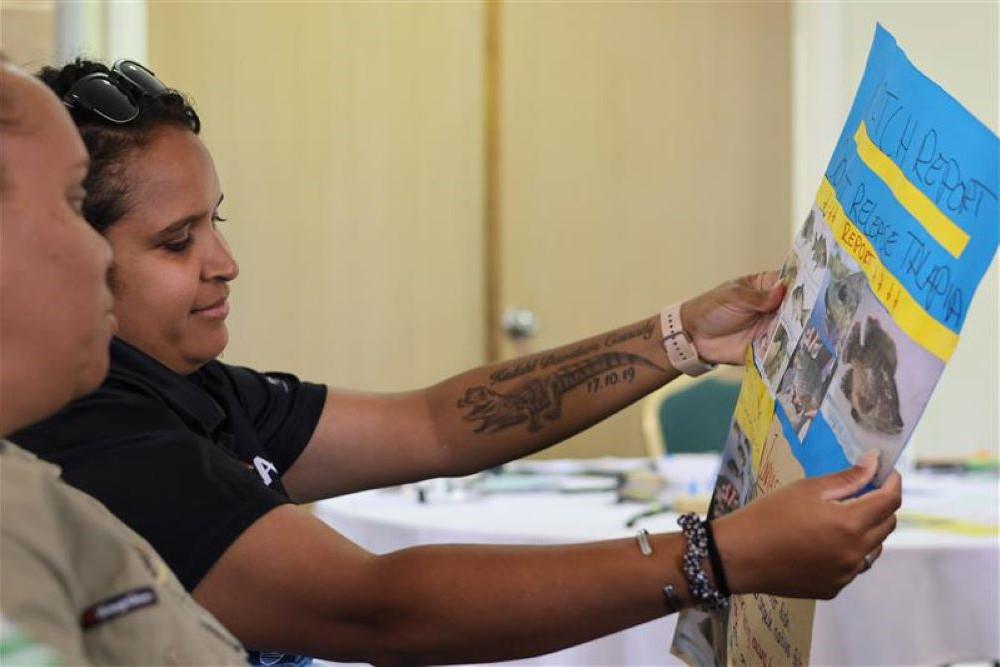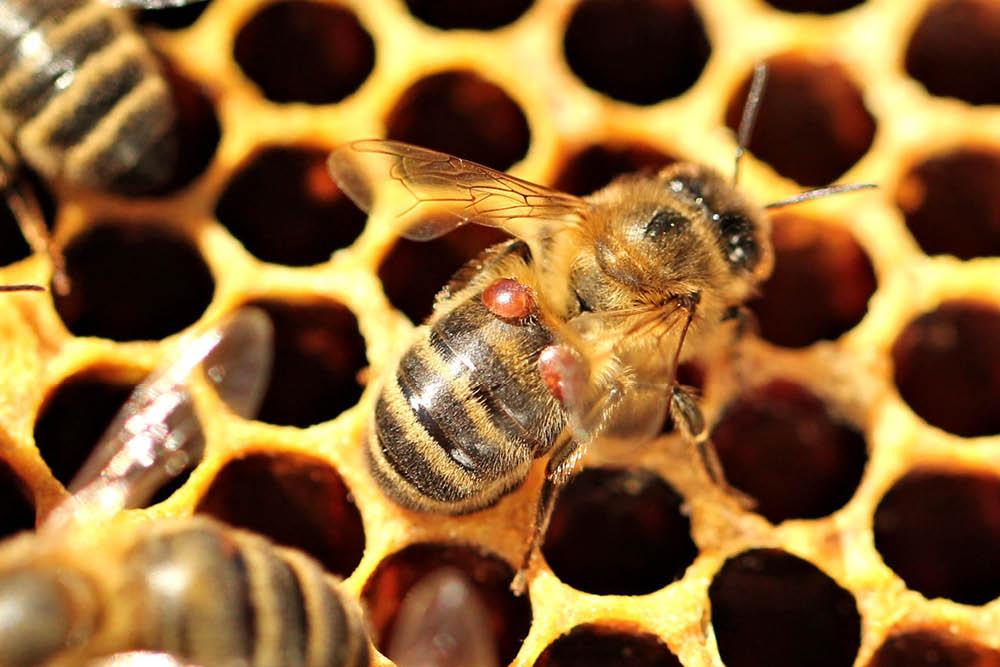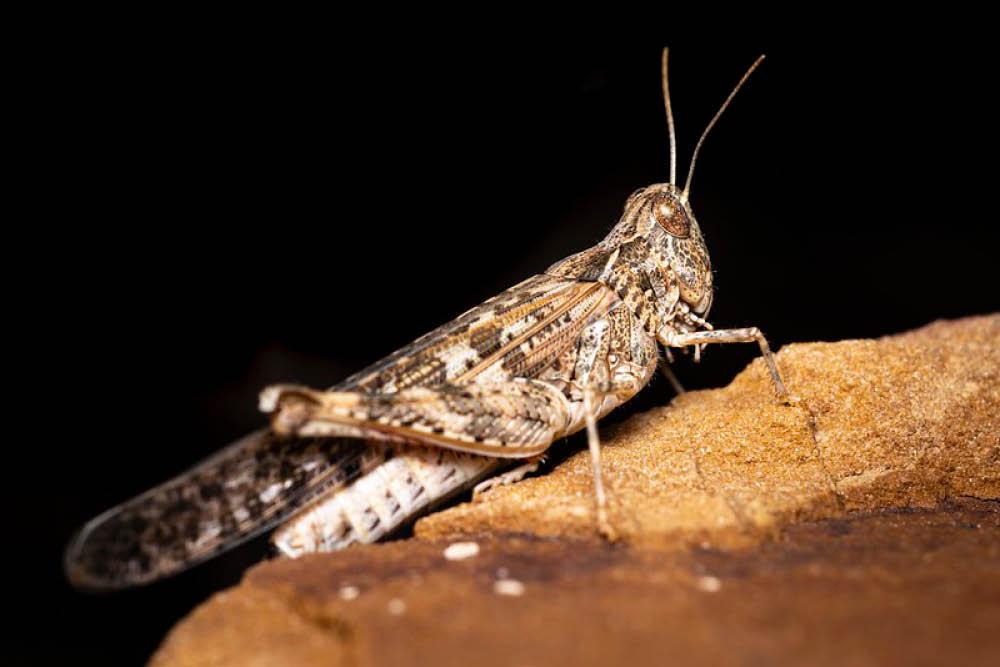An international student’s visa has been cancelled and an infringement notice of $3,756 issued for attempting to bring more than 2kg of cooked meat, eggs and frangipani flowers into Australia.
Biosecurity detector dog, Ghost, sniffed out the offending items at Adelaide airport’s baggage claim area this week, working with his handler, Rebecca.
The passenger was referred for additional screening where biosecurity officers discovered 2.7kg of cooked meat, suspected to be pork, 301g of cooked egg, and 6 fresh frangipani flowers – none of which had been declared by the traveller on their Incoming Passenger Card.
The passenger was referred to Australian Border Force, which upheld biosecurity officers’ recommendation to cancel the student’s visa.
Biosecurity and Compliance Deputy Secretary Tina Hutchison said it is important travellers coming to Australia declare all food, animals, plants, and seeds on their Incoming Passenger Card.
"Commercial international flights arriving in Australia provide our incoming passenger biosecurity information, which clearly outlines what’s prohibited – including food and animal and plant products," Ms Hutchison said.
“Our best advice is if in doubt, leave it out when you’re packing. But if you’re already on your way here, just declare truthfully on your Incoming Passenger Card and our biosecurity officers will assess your items.
“You will not be penalised under the Biosecurity Act 2015 if you declare and present all goods, even if they are not allowed into Australia.
“Our frontline biosecurity officers and our detector dog teams go above and beyond to protect Australia’s agricultural industries, our food supply chain, our environment, and our unique way of life.
“Ghost is one of the dogs funded through an $11.7 million investment in our detector dog program in 2022–23. In just his first year, Ghost has stopped nearly 400 biosecurity risk items from entering Australia.”
In 2023, nearly 400,000 biosecurity risk items were stopped by biosecurity officers at Australia’s international airports, including more than 19,000 in Adelaide.
Fast facts:
- Ghost is a 2.5-year-old male labrador who graduated his biosecurity detector dog training in November 2022.
- Ghost is one of the 11 detector dogs currently in operation that have been funded through the government’s $11.7 million Detector Dog Capability Increase budget measure.
- All 20 additional detector dogs that were funded through the budget measure will be delivered before the end of 2024.
- 18 of the 20 detector dog handlers for the program have been recruited.
- Of those, 6 handlers have finished their training and been deployed and the other 12 are undergoing or about to commence their training.
- In his first year of deployment, Ghost intercepted 194 travellers and mail articles entering Australia, totalling 381 biosecurity risk items seized. This includes:
- 111 animal products
- 104 fruit products
- 62 plant products
- 38 vegetable products
- 66 other products
- Some examples of items Ghost has intercepted include sausages, guava and pork floss.
Ghost and Rebecca will be available for interviews, photos and video footage on Friday 16 February at Adelaide Airport. Please contact media@aff.gov.au to arrange an interview.



